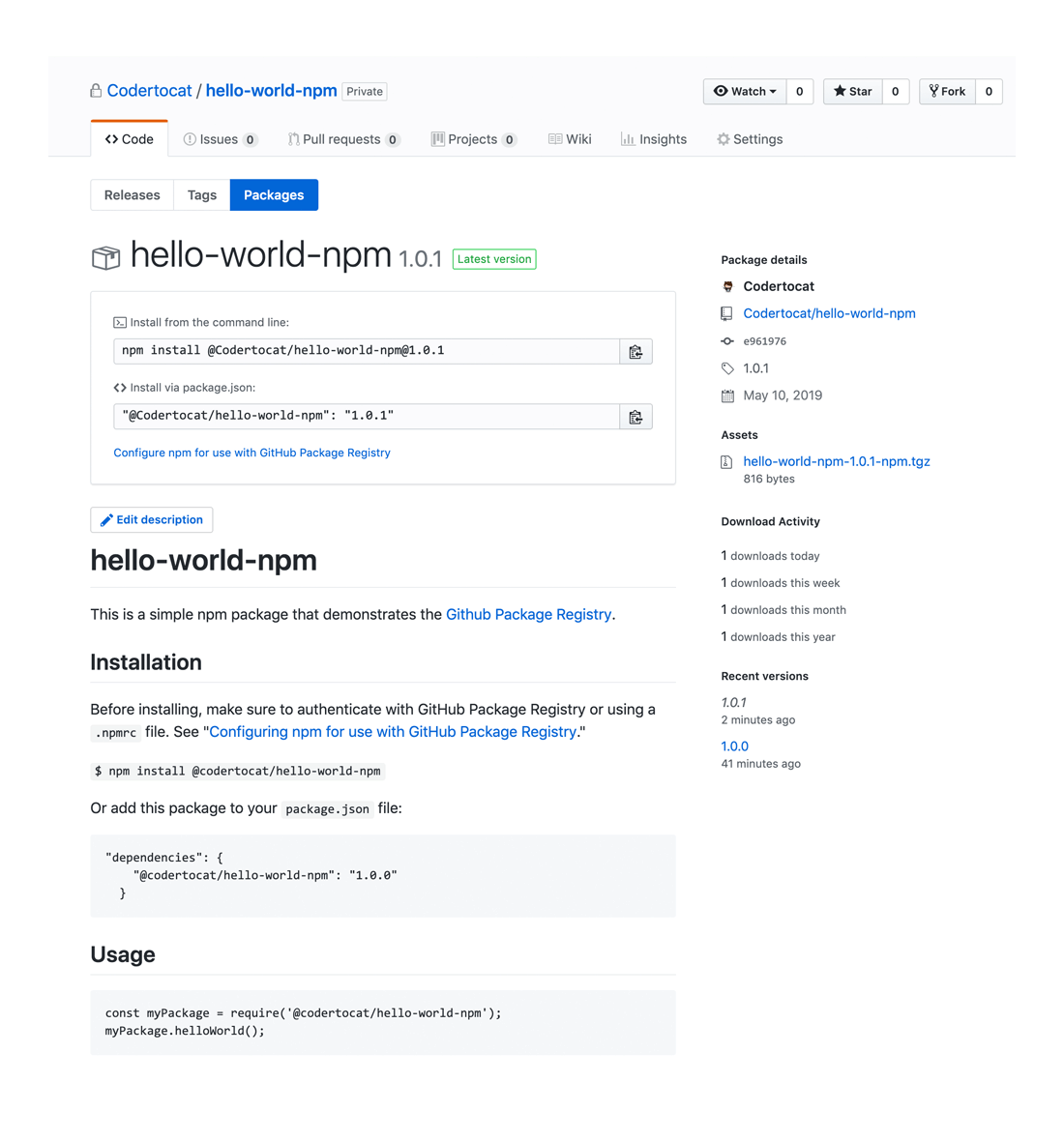
Friday's aren't usually the bests of days for companies. But for GitHub, it's a different story.
"Today, we’re excited to introduce GitHub Package Registry, a package management service that makes it easy to publish public or private packages next to your source code," announced Simina Pasat, the Director of Product Management at GitHub, on a blog post.
Pasat continued by saying:
"You can also use the same user and team permissions to manage code and packages together. GitHub Package Registry provides fast, reliable downloads backed by GitHub’s global CDN."
"And it supports familiar package management tools: JavaScript (npm), Java (Maven), Ruby (RubyGems), .NET (NuGet), and Docker images, with more to come."
GitHub Package Registry here is compatible with common package management clients, allowing developers to publish packages with their own choice of tools.
But what makes it unique us that, GitHub Package Registry is platform-independent, which means that if developers use multiple language versions of the same library, they don’t have to publish to multiple different places.
Instead, they can consolidate all their efforts into one platform.
GitHub promises to add ]support for more languages and package management is in the future.
Features also include a unified identity and permissions, meaning that packages on GitHub inherit the visibility and permissions associated with the repository.
This means, organizations no longer need to maintain a separate package registry and mirror permissions across systems. They can use a single set of credentials across different systems for code and packages, and manage access permissions with the same tools.

Then there is the insight feature, which allows viewers to know the details and download statistics of packages hosted on GitHub, along with their entire history.
This particular feature should make it easier for developers to find and use the right package as a dependency for their project.
What's more, developers can also publish multiple packages of different types for more complex repositories. They can also customize publishing and post-publishing workflows using webhooks and GitHub Actions.
On its help page, GitHub uses the README in repositories to generate the package's description. Developers can edit this to reflect the details about their package or installation process. GitHub also adds metadata for each package version that includes links to the author, repository, commit SHA, version tags, and date.
Just after GitHub introduced GitHub Package Registry, the community has welcomed it with positive reviews.